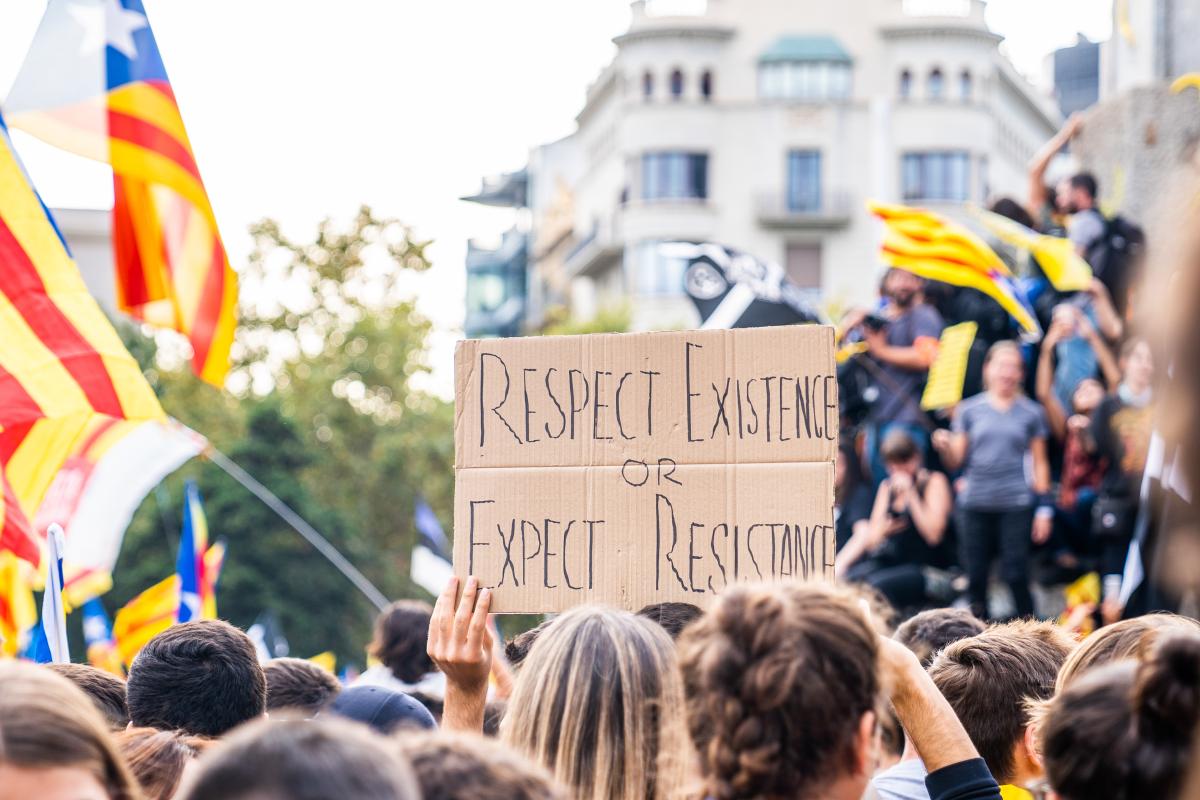Name
Neal Yates
Class
INTA 4500
About the Project
This research covers how democratic governments have handled separatist movements, particularly with respect to referendums regarding self-governance. It seeks to explore the effects of these varying government actions on the strength of the separatist movements. Seeking to answer the research question of How does the level of democratic freedom in sovereignty-based referendums impact the intensity of separatist movements within liberal democracies?, this research hones in on three particular case studies: Quebec, Scotland, and Catalonia. Ultimately, the hypothesis that In states that allow free and fair referendums, where the results are honored, separatist movements will be quelled due to having been granted a valid outlet for democratic process; however, when referendums are conducted illiberally, or not honored, the movements will not subside was proven to not be supported entirely by the data gathered. While the case of Catalonia does indeed demonstrate that suppression of these movements and referendums does result in maintained or increased levels of salience of the separatist groups, the cases of Scotland and Quebec indicate that fair treatment and democratic proceedings are not alone sufficient to quell the movements.

